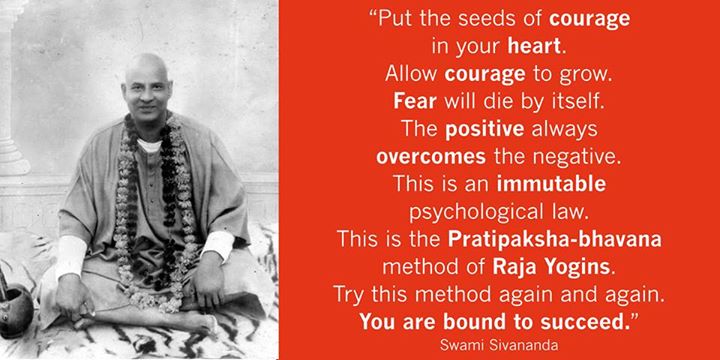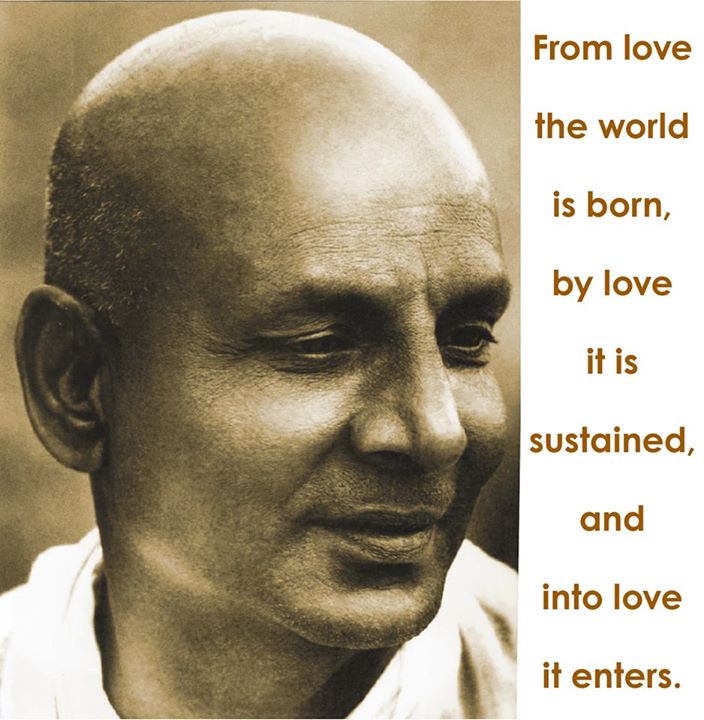Sivananda's Personality - 23.

Again, it was the Master’s habit before he went to bed each day, to pray for the welfare of a number of people whose names he kept in a special list, which he revised from time to time. One devotee might be suffering from a disease, another from mental worry, a third might be fearing an impending crisis in his business. The Master prayed on behalf of these sufferers. It was his way of practising love for others. Whenever there was a calamity, or threat of calamity, like famine, flood, war, rail accident or earthquake, in some part of the world or the other, the Master organised collective prayer. It was the first week of November, 1946. Tension ran high in most North Indian States. There were countless rumours that the Muslims were coming to Rishikesh to murder Hindu Sadhus. The Master called the Ashramites to the Viswanath Mandir and suggested that everyone should do Japa of Om Namasivaya, and that a Homa be performed after five lakh repetitions, to restore Hindu-Muslim un...





